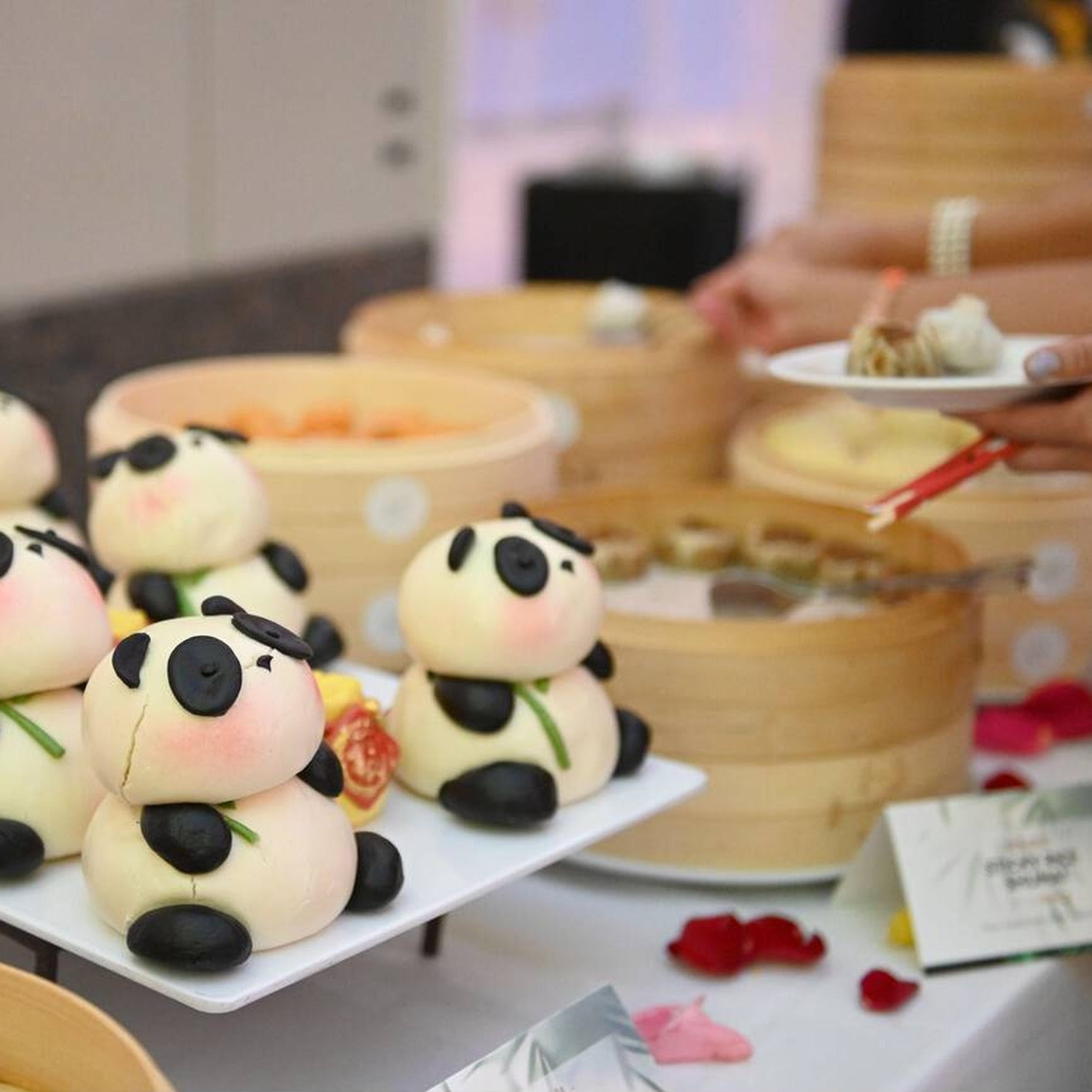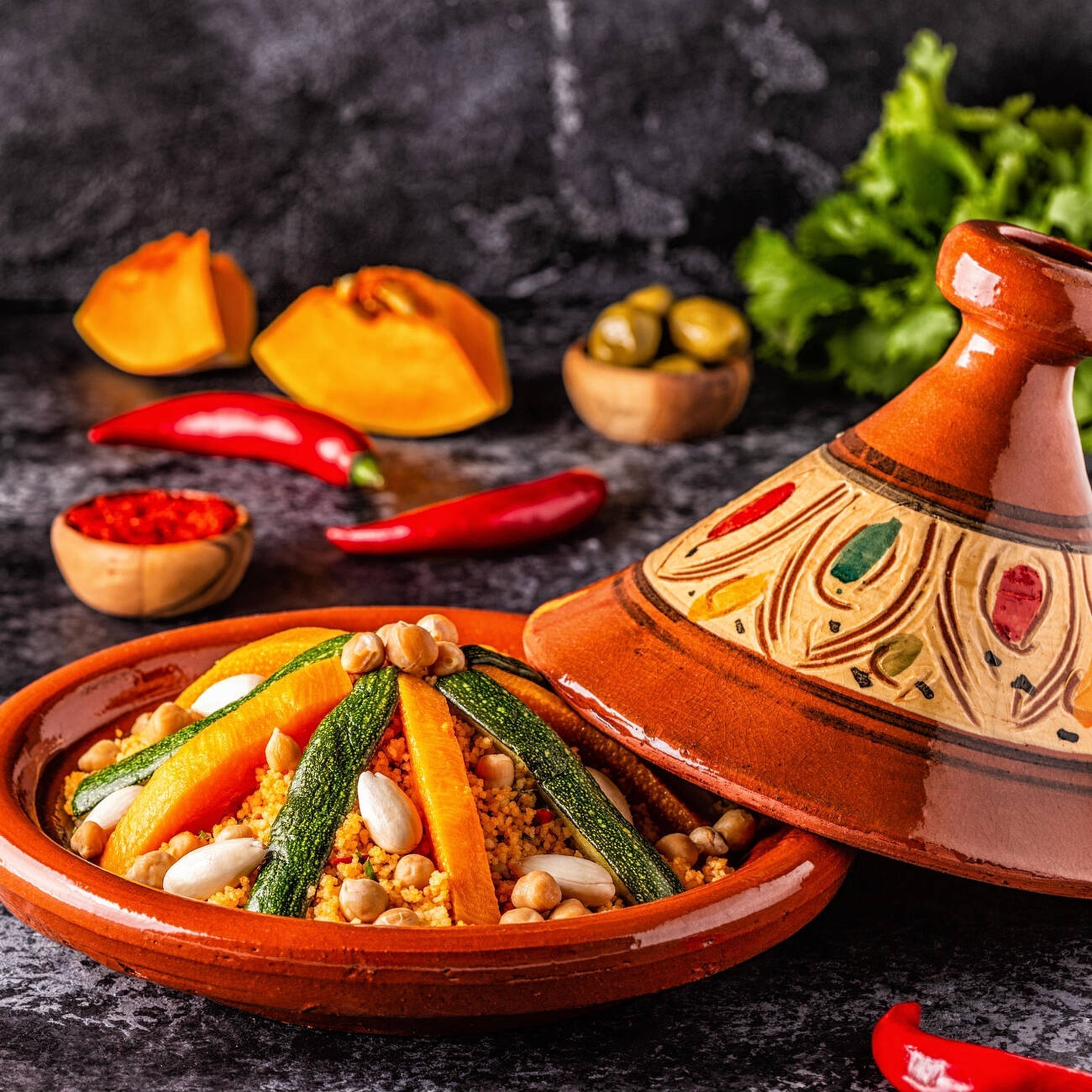Introduction
Vegetarians traveling to China may worry about what to eat and where to eat, after all, China is a meat-eating country. In fact, there are many vegetarian restaurants in China, and there are many vegetarian options. Here are some practical suggestions to help vegetarians enjoy their trip to China.
Background of Vegetarian Culture in China
As early as the pre-Qin period in China (before 221 BC), there was a saying of "being a vegetarian", that is, eating plant-based foods. With the introduction of Buddhism, vegetarianism gradually became a religious belief and a way of practice. At the same time, Taoist thought also had a profound impact on vegetarian culture, emphasizing the harmonious coexistence of man and nature. The "new vegetarianism" in contemporary Chinese society still has an inseparable "connection" with Buddhist culture. In addition, many Chinese people also choose to eat vegetarian food on specific days, such as the beginning and middle of the lunar month, which reflects respect for animal life.
Where to eat vegetarian food when traveling in China?
Chinese vegetarian restaurants are generally divided into two categories: temple vegetarian restaurants and modern vegetarian restaurants. You can choose to eat at these places according to your needs, interests and schedule. Of course, you can also find vegetarian options in ordinary restaurants, but you must express your dietary needs in time when ordering.
Temple vegetarian food
Temple vegetarian food, called vegetarian food or Buddhist food, is mainly used for monks to preach, novice monks to receive precepts, or to entertain lay people, donors and tourists. It is specially prepared by the incense kitchen (i.e. monk kitchen). The Buddhist vegetarian culture is unique to Chinese Mahayana Buddhism. The purpose of Buddhist vegetarianism is to abstain from killing and protect life, and cultivate the Buddha nature of great compassion. The characteristics of temple vegetarian food are "full vegetarianism", prohibiting the use of "five meats (onions, garlic, leeks, shallots, and asafoetida)" as seasoning, and also prohibiting the use of eggs, milk, etc. Some famous temples in China, such as Beijing Fayuan Temple, Xi'an Xiangji Temple, Guangzhou Qingyun Temple, Chengdu Baoguang Temple, Zhenjiang Jinshan Temple, Shanghai Jade Buddha Temple, Hangzhou Lingyin Temple, Xiamen Nanputuo Temple, Anqing Yingjiang Temple, etc., are well-known for their vegetarian dishes and attract many people to seek food.
Vegetarian Restaurants
There are many vegetarian restaurants in major cities in China, such as Beijing, Shanghai, Chengdu, etc., which specialize in vegetarian or vegan meals. There are usually relatively affordable vegetarian restaurants near Buddhist temples. Some cities have vegetarian buffets in residential areas and business districts. There are also many high-end vegetarian experience halls hidden in the city centers of major cities such as Hangzhou and Beijing. Note: Although there are many vegetarian dishes in China, due to cultural differences, sometimes the restaurant staff's understanding of "vegetarian" may be different from ours. For example, some restaurants may consider dishes that do not contain meat to be vegetarian, but in fact these dishes may contain meat seasoning or broth. Therefore, it is recommended to clearly express your requirements when ordering.
Common vegetarian dishes in China
There are many traditional vegetarian dishes in China, and many dishes can be adapted to suit individual needs. China also has a wide variety of street food, and many of the snacks are suitable for vegetarians. Here are some common vegetarian options in China:
Vegetarian stir-fried dishes: Such as vegetarian stir-fried tofu and vegetarian stir-fried broccoli, many restaurants can provide vegetarian versions upon request.
Vegetarian buns and dumplings: Some local bun shops and dumpling restaurants offer vegetarian buns and dumplings, which usually include ingredients such as choy sum, tofu, mushrooms, and bamboo shoots.
Tofu and soy products: Tofu is a traditional vegetarian food in China and is widely used in cooking. It can be used as a staple food, as well as as a dish, snack, and filling. Famous varieties of tofu include southern tofu, northern tofu, frozen tofu, fried tofu, fermented bean curd, stinky tofu, and moldy tofu; soy products include dried tofu, thousand sheets, tofu skin, dried tofu, fried shreds, stewed dried tofu, bean puffs, vegetarian assorted, vegetarian chicken, spicy cubes, smoked dried tofu, tofu powder, etc. Famous dishes for home use and banquets include tofu with scallions, mapo tofu (Sichuan), mirror box tofu (Jiangsu), fried tofu floss (Shanghai), pot-fried tofu (Shandong), oyster sauce tofu (Guangdong), tofu dumplings (Shanxi), etc. According to statistics, there are thousands of vegetarian dishes made with tofu and soy products as the main ingredients, and some chefs have also created rich tofu banquets.
Malatang: Malatang is a very self-service snack. You can just pick vegetables and soy products, put them in your bowl, and let the chef make it.
Hot and sour noodles: The noodles of hot and sour noodles are made of sweet potatoes and peas in the best proportion, and then are made by farmers in traditional hand-made ways, with pickled cabbage, peanuts, chili oil, etc. The ingredients can be adjusted according to personal preferences. You can choose to remove meat to keep the delicious vegetarian flavor.
Spicy hot pot: A spicy dish from Sichuan and Chongqing. A variety of ingredients can be mixed and stir-fried in a pot, and served with special spicy seasonings. It is characterized by spicy, numbing, fresh, fragrant, oily, and mixed, and has a variety of flavors. You can choose various vegetarian ingredients such as vegetables, tofu, and enoki mushrooms, and the flavors can also be adjusted according to personal preferences.
Cold noodles: A cold dish made with rice or wheat, usually with cucumber shreds, carrot shreds, etc., which is refreshing and delicious.
Hot pot: Some hot pot restaurants offer vegetarian soup bases and vegetable ingredients. There is usually a "vegetarian" label on the menu of hot pot restaurants to facilitate vegetarians. If there is no vegetarian label on the menu, you can choose the "clear soup" soup base to avoid the use of butter, and choose your favorite vegetables and soy products to prepare vegetarian-friendly dipping sauces.
Special vegetarian dishes in various parts of China
China's vegetarian culture has its own local characteristics, and different regions will provide different vegetarian dishes based on local ingredients and flavors. For example:
Vegetarian hot pot: In places like Sichuan and Chongqing, vegetarian hot pot is a very popular choice, containing a variety of vegetables, soy products, etc.
Vegetarian snacks: Such as vegetarian spring rolls, vegetarian fried dumplings, vegetarian wontons, etc., can be easily found.
What vegetarian snacks can be bought in supermarkets and stores in China?
China has a wide variety of snacks. In addition to potato chips and chocolate, you can also find vegetarian meat snacks made from soy and plant protein in supermarkets and stores. You can stock up some to replenish energy at any time during your travels.
How to express that you are a vegetarian in Chinese When traveling in China, knowing some simple Chinese expressions will help you communicate your dietary needs more smoothly:
我吃素 (Wǒ chī sù) I eat vegetarian food : In China, the term "vegetarian" is sometimes less common than "eating vegetarian". If you are a vegetarian, the most direct way to express it is to say "I eat vegetarian" (Wǒ chī sù) instead of simply saying "I don't eat meat" to avoid confusion. Because in Chinese, the word "meat" (ròu) usually refers to pork, not all kinds of meat. This usage comes from the fact that pork is the most common meat in China, and when a dish includes meat, it is often pork by default. Therefore, when you say "I don't eat meat" (ròu), the listener may think that you only don't eat pork, but other meats, such as beef or chicken, are edible.
请做素食 (Qǐng zuò sùshí) Please make vegetarian food: If you want the restaurant to prepare vegetarian dishes for you, you can use this sentence.
Summary
China is actually a country with a very rich vegetarian culture. Vegetarians can find food that suits their dietary needs during their travels with some basic Chinese expressions and tips. Whether it is a vegetarian restaurant in a big city, a street food stall, or a temple restaurant, vegetarians can enjoy delicious and healthy food.
If you want to know more about China, please refer to our blog: China travel guides.
Want to learn more about travel routes in China? Click the links below to explore our tours to Sanya and start your journey in China!
Seven Star Bay: 5-Day Exclusive Haitang Bay Getaway in Sanya
Sanya Extravaganza: 5 Days of Feasting on the Sea and the Sky Your Destination: Sanya, Hainan
Want to customize your China travel itinerary? Feel free to contact us for personalized tour experiences:
Email: [email protected]
WhatsApp: +212713053383
WeChat: MLG0714624860












